Nike commemorates Colin Kaepernick’s journey of social activism with a Nike Air Force 1 shoe
Via Kaepernick7.com
It’s been nearly three years since former quarterback and social activist Colin Kaepernick has played in the NFL. His banishment began on August 14, 2016, when the former 49ers player decided to use his platform as a professional athlete to speak out about race in America—and more specifically, to highlight police brutality against minorities.
During the national anthem before a preseason game, he sat on the bench rather than stand at attention. His goal was for his silent protest to bring awareness to injustices that were commonplace in the country. And to trigger change.
“I am not going to stand up to show pride in a flag for a country that oppresses black people and people of color," he explained at the time to NFL Media. “To me, this is bigger than football and it would be selfish on my part to look the other way. There are bodies in the street and people getting paid leave and getting away with murder.”
His protest inspired other athletes to join Kaepernick in solidarity and speak out about police brutality. In July 2016, NBA players Dwyane Wade, LeBron James, Carmelo Anthony, and Chris Paul opened the ESPY Awards telecast with a call for social change and an end to violence. WNBA players wore warm-up shirts to show solidarity after police shootings in Minnesota and Louisiana.
San Francisco 49ers safety Eric Reid, left, and quarterback Colin Kaepernick kneel during the national anthem before a game in 2016. PHOTO: MARCIO JOSE SANCHEZ/ASSOCIATED PRESS
Then, on the first of September 2017, Kaepernick was not alone on the field protesting. His teammate, Eric Reid, joined him in taking a knee. This came after intense criticism that sitting during the anthem was disrespectful to the military, which Kaepernick responded to by consulting with retired Army Green Beret Nate Boyer. He suggested that kneeling was more appropriate and this was advice Kaepernick took to heart.
Soon after, Jeremy Lane of the Seattle Seahawks was the first non-teammate to join Kaepernick's protest when he sat on the bench before the national anthem in Oakland. Professional soccer player—and captain of the U.S. women's national soccer team, Megan Rapinoe—was also inspired. She took a knee to express solidarity with Kaepernick and added that, as a gay American, she knows, “what it means to look at the flag and not have it protect all of your liberties [and that] it’s important to have white people stand in support of people of color on this.”
Even though Kaepernick intended to shed light on injustices, his message was drowned out by the backlash. Many viewed kneeling during the anthem to also be a sign of disrespect. This vein of outrage was taken up by eventual President Donald Trump, who said in September of 2017—in a direct rebuke to Kaepernick and others who protested—that he wanted NFL owners to “get that son of a bitch off the field.”
When Kaepernick became a free agent after the season, he went unsigned. This even though he had thrown 16 touchdowns to only 4 interceptions for one of the league’s worst teams. In October 2017, he filed a grievance against the league and its owners, accusing them of colluding to keep him out of the NFL.
The sports community continued to express their support for Kaepernick. On November 30, he received the Muhammad Ali Legacy Award from Sports Illustrated. The magazine’s Michael Rosenberg wrote, “In the last 16 months, Kaepernick’s truth has been twisted, distorted and used for political gain. It has cost him at least a year of his NFL career and the income that should have come with it. But still, it is his truth. He has not wavered from it. He does not regret speaking it. He has caused millions of people to examine it. And, quietly, he has donated nearly a million dollars to support it.”
Players continued to kneel, but public backlash mounted. On May 28, 2018, the NFL declared that all team personnel who were on the field must stand for the National Anthem. Doing otherwise would result in a fine by the league.
Gradually, it seemed that Kaepernick’s movement was being forgotten. Then an ad campaign, starring the former NFL quarterback, was launched by Nike on September 3, 2018. It featured an image of Kaepernick’s face with the words: “Believe in something. Even if it means sacrificing everything.”
Although the campaign sparked backlash and protest from some Nike customers, a Quinnipiac University poll showed that voters approved of Nike’s decision to feature Kaepernick. Voters between the ages of 18 to 34 approved the campaign, while voters 65 and older disapproved of it. In other words, Nike’s risky campaign successfully spoke to its customer base. Days later Nike's stock closed at an all-time high of $83.47.
Kaepernick sacrificed his career to pursue racial equality; Nike decided to commemorate his journey of social activism with “True to 7,” a Nike Air Force 1 shoe. The model sold out within five minutes of its release on December 23, 2019.
The modified version of the Nike Air Force 1 boasts Kaepernick’s personal logo on the shoe’s tongue, an embroidered portrait of the former NFL quarterback on the heel, and a No. 7 hangtag patterned with white roses and a shattered mask. The number “08 14 16” is embossed on the bottom of the shoes, marking the date Kaepernick first refused to stand for the national anthem.
The shoe is definitely a collector’s item holding historical significance. It is one I wish I’d been able to purchase as a way to show future generations that Colin Kaepernick wasn’t a one-dimensional athlete. That he was, in other words, a true leader.
With constant calls from fans and supporters of the former quarterback to return to the NFL, on November 16, 2019, the league—on suspiciously short notice—arranged for an individual player workout for Kaepernick on the following Saturday. Such workouts are usually a routine matter scheduled by teams and agents (and not the league). They are usually held on Tuesdays, the day when coaches and scouts are most readily available.
The planned workout disintegrated at the last moment, though Kaepernick did organize his own. But many questioned the motivation of the league for its unorthodox move, especially since for three years NFL teams had the opportunity to invite Kaepernick to a workout.
But the struggle continues—as does the protest. Minnesota’s Kelly Holstine, part of a contingent of Teachers of the Year recognized prior to the NCAA Football National Championship on January 13, 2020, took a knee during the anthem. Elsewhere on the same field stood Trump.
We are happy to add value to the Whitaker Group in any way we can, this month we decided to write an article about Colin Kaepernick’s journey as a social activist and Nike, not only supporting the former NFL quarterback but also creating a shoe to commemorate his journey.
Check out the article.
The Whitaker Group is the umbrella company for James Whitner’s vast network of stores, 17 shops across 13 cities, including A Ma Maniere, Social Status, Prosper and A.P.B. We are happy to work with the Whitaker Group and their visionary leader James Whitner, on content for their blog, as well as any other areas that can help contribute to the culture.
via Hypebeast
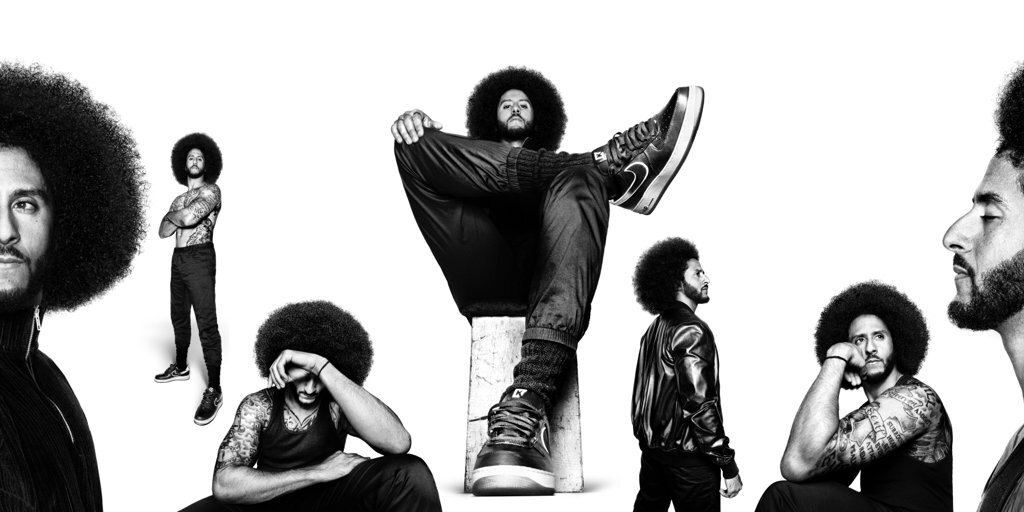

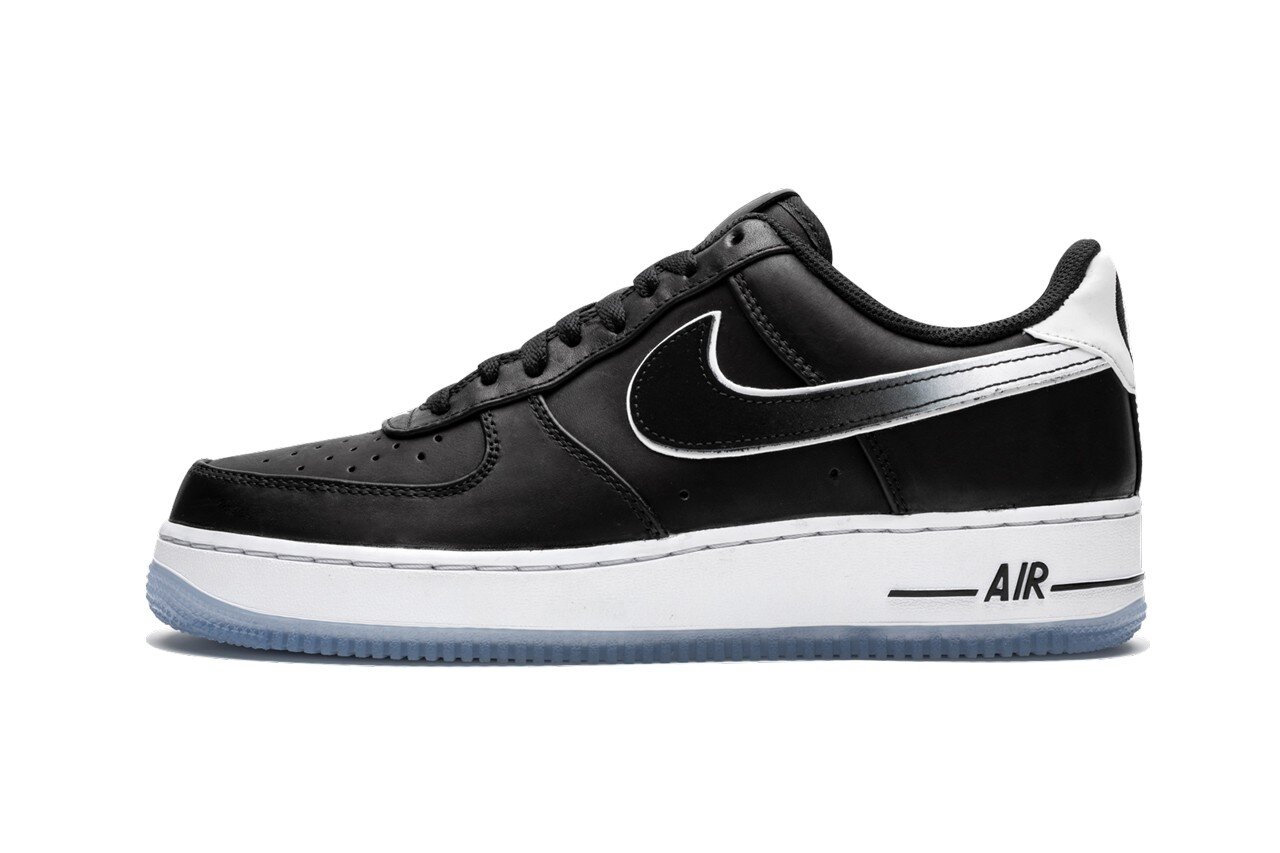
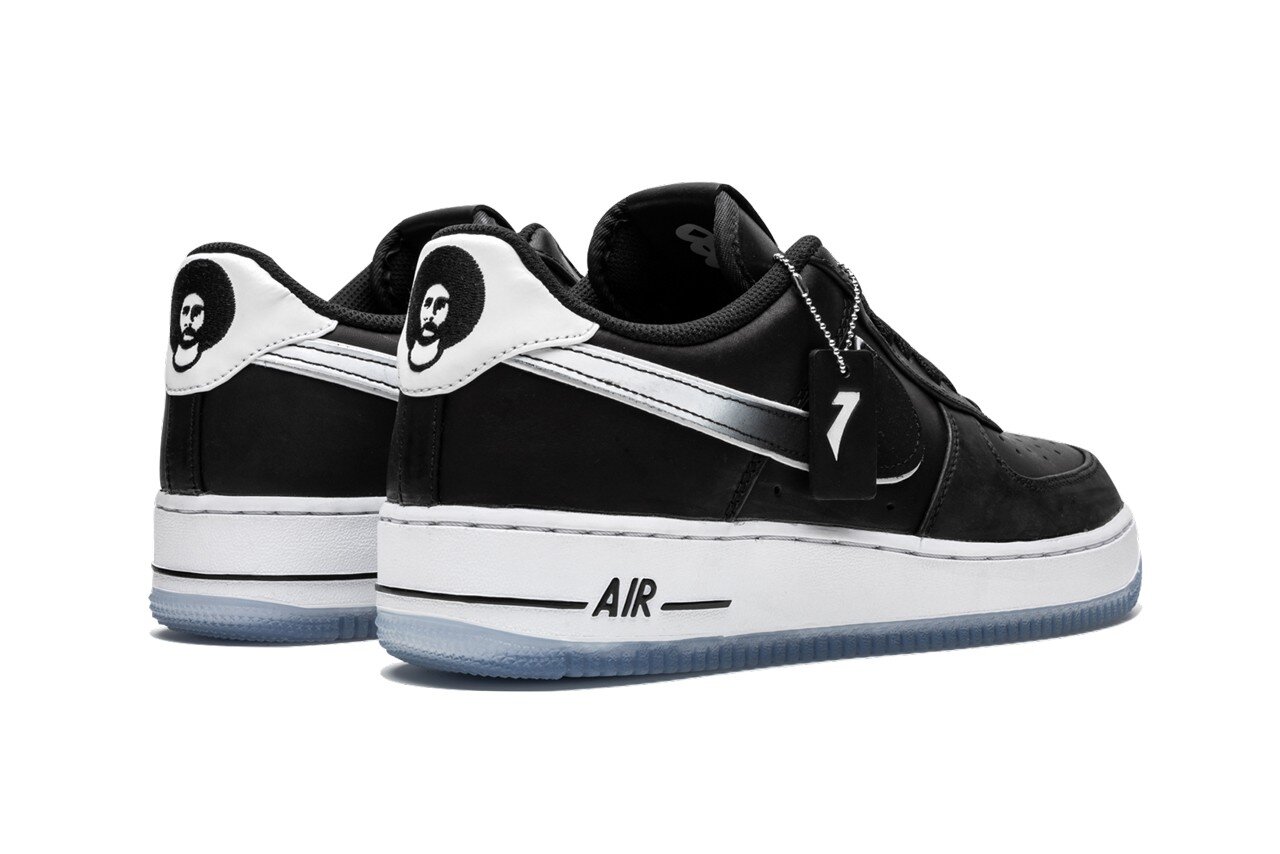
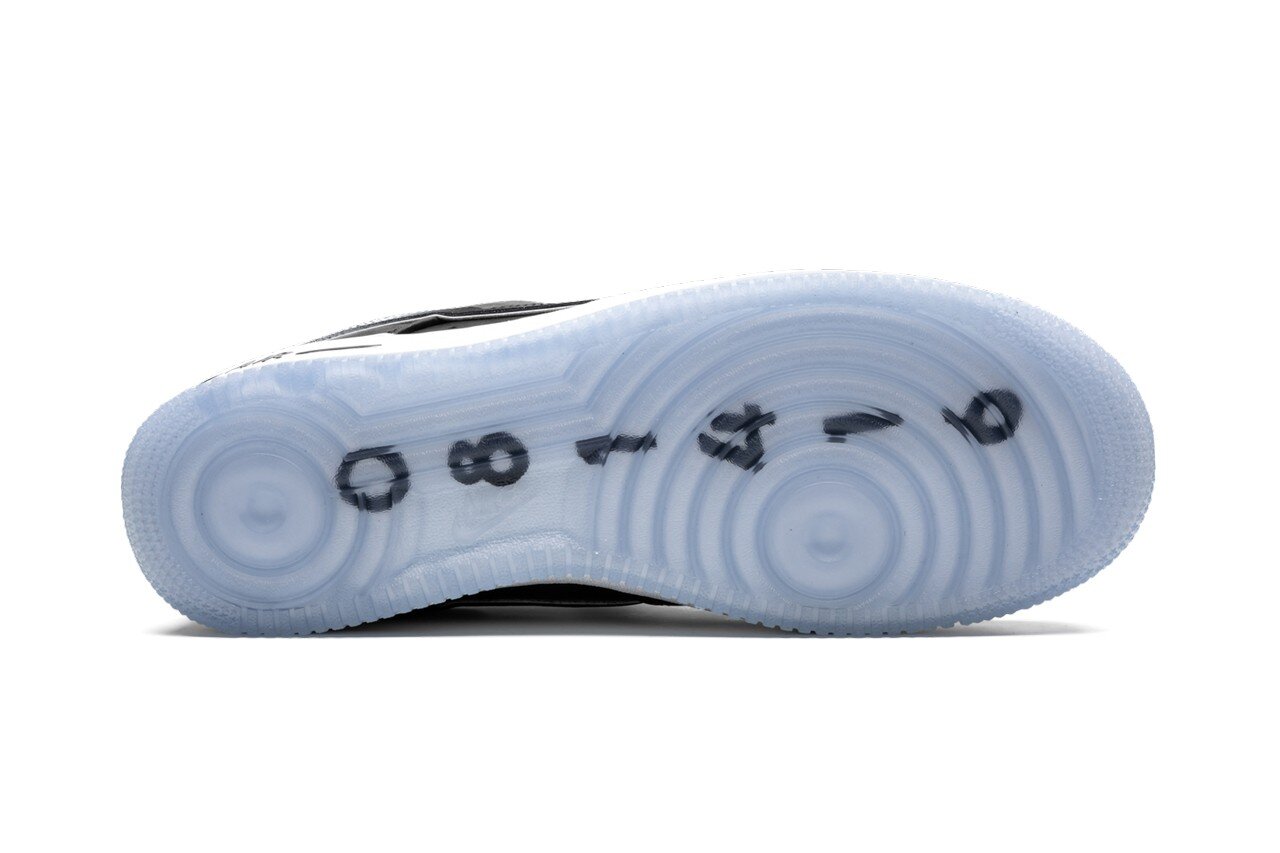
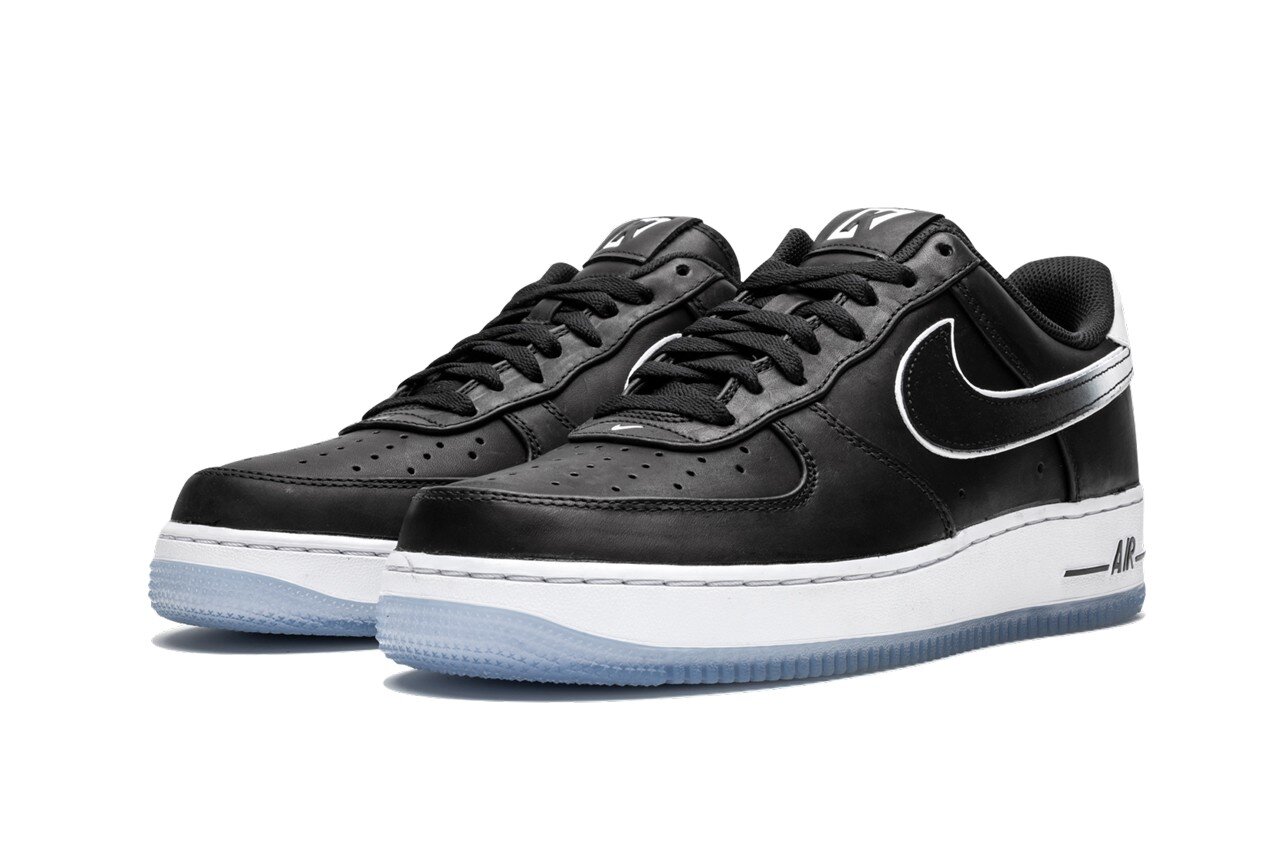






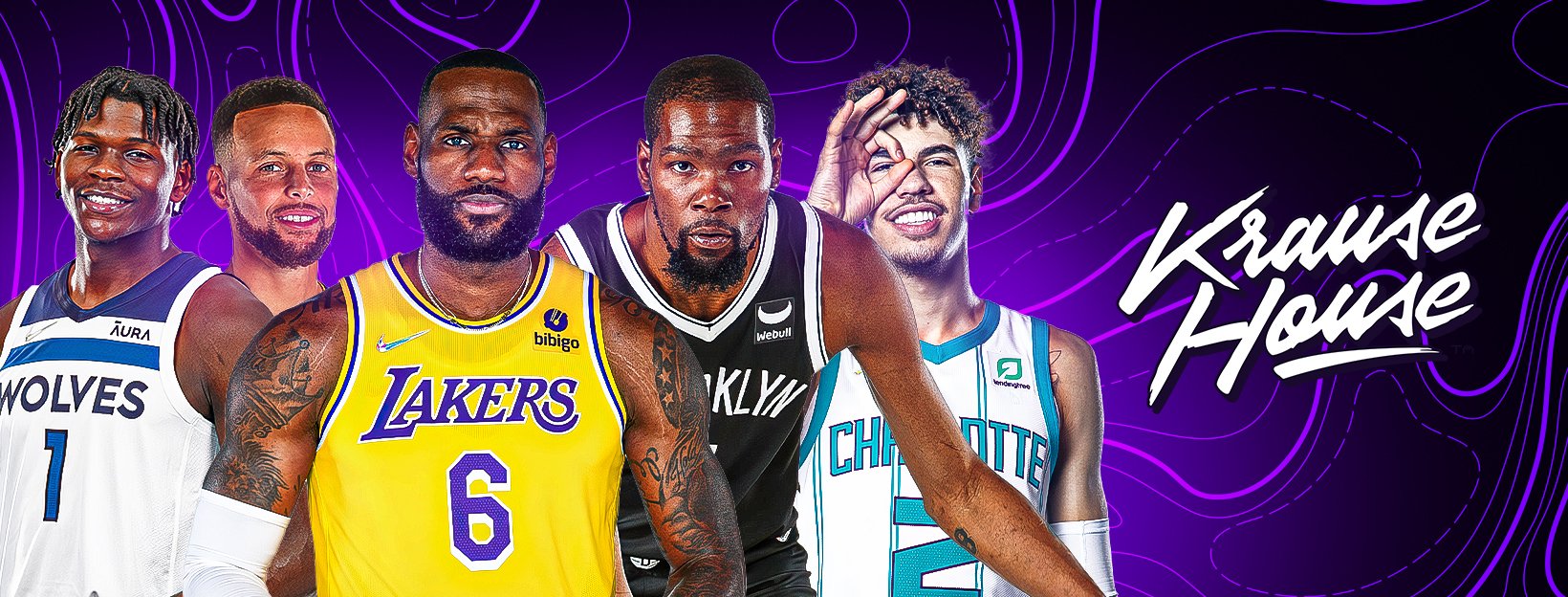



![Branding and Video Production: The Rubric[K]](https://images.squarespace-cdn.com/content/v1/5e0a8ca3e9db4c2d77af1561/1612918476383-19NS2FMJPQIWJ724496P/LEBRON+RUBRICK.jpg)








